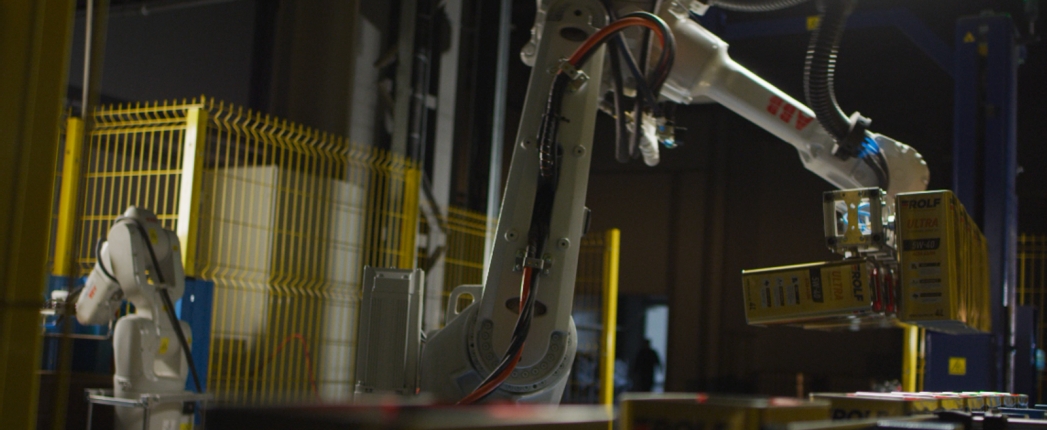
Russian lubricant blender United Petrochemicals opened a line that produces metal motor oil containers designed to combat trade of counterfeit products and to meet domestic demand for premium lubricant packaging.
The U.S. $3 million manufacturing line is located at the company’s lubricant production complex in Obninsk, Kaluga oblast, southwest of Moscow.
“We aim to cover demand of lube makers currently active in Russia and to protect consumers by reducing the risk of purchasing counterfeit products,” Upec Executive Director of Production and Supply Chain Evgeniy Osipov said Monday.
He added that counterfeit lubes are sold widely in Russia. “Depending on the region, fake motor oils consist of up to 50% of the production offered in the market,” Osipov said.
The packaging production line has capacity to make 56,000 metal containers per day.
“This is more than 20 million units annually,” Osipov said, adding that initially the operation will focus on 1- and 4-liter containers, with plans to expand to other sizes later.
The packaging production line uses artificial intelligence, the company said in a prior news release, including Smart Vision, an intelligent video system for quality control.
“This system has the capability to automatically detect the size, shape, pattern and other characteristics of the product,” Upec said. “It can compare them with referenced values and signal possible deviation from the set parameters.”
At its blending complex in Obninsk, the toll blender claims to make more than 300,000 metric tons per year of finished products, half of which is motor oils, according to its website.
One of the first products packed in the metal canisters is the company’s Rolf Ultra line of premium engine oils, which Upec claims are made with polyalphaolefin and gas-to-liquid base stocks.
Upec also makes 1-, 4-, 5- and 20-liter lubricant containers from recycled plastics.
The toll blender offers its facilities to other lube marketers aiming to supplement the high-quality products of leading international players such as Shell, Total and ExxonMobil, which were readily available and very popular among the Russian motorists prior to Moscow’s invasion of Ukraine in 2022. Shell and Total had their own production capacities in Russia, while Castrol, Total and Chevron used to rent Upec’s faiclities for years. Many of the products of these international marketers are now sold as fake products or with much higher price tags as imports through third countries.
As a result of the Russian aggression in Ukraine, many Western companies retreated from the country’s lucrative lubricant market and the West imposed hundreds of sanctions on Russia.
A former lubricant distributor, United Petrochemicals opened its lubricant blending plant in 2018 and claims to be the largest toll blender in Europe. It says its customers previously included TotalEnergies, Castrol, ExxonMobil, Chevron, Petro-Canada, Valvoline and other international brands. Many of those companies exited the Russian market after Russia’s 2022 invasion of Ukraine.